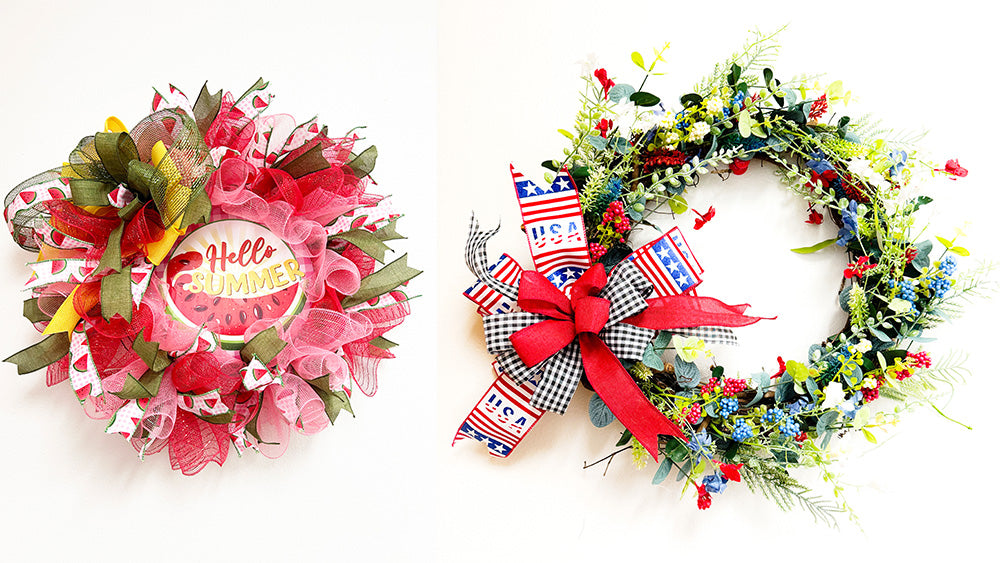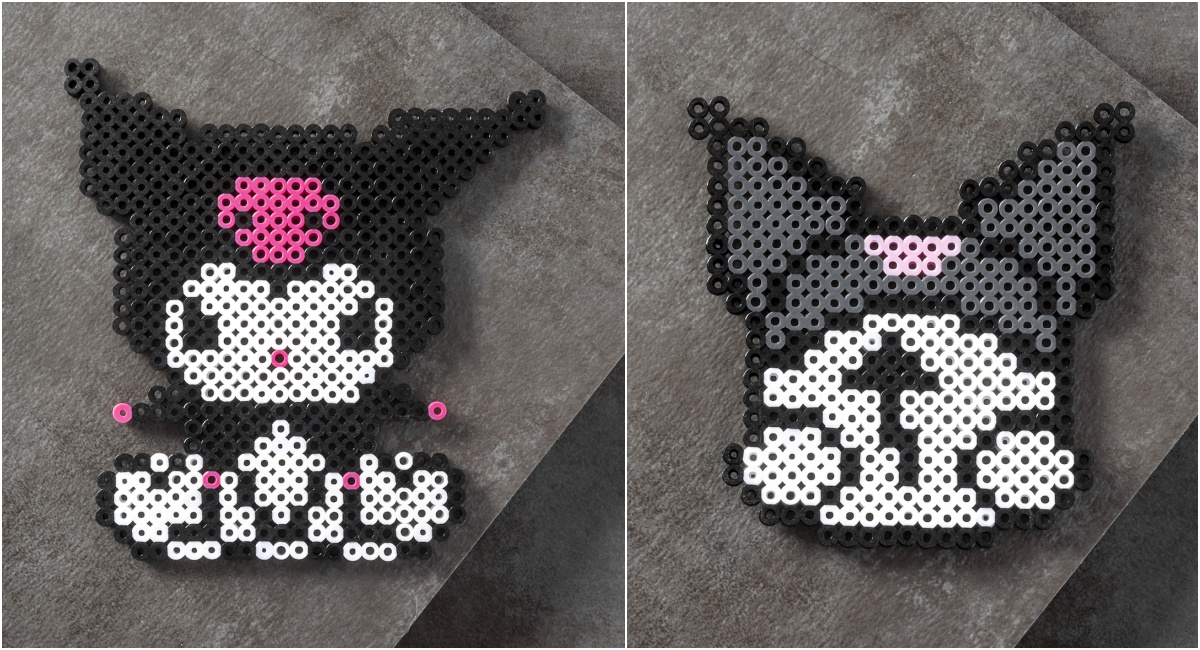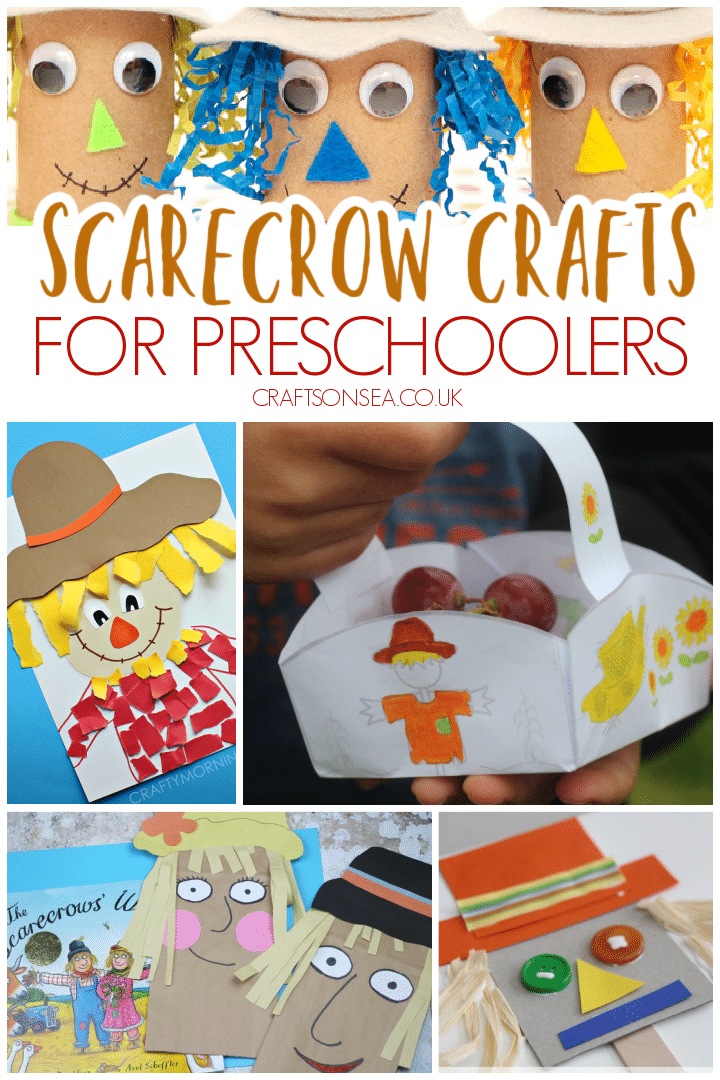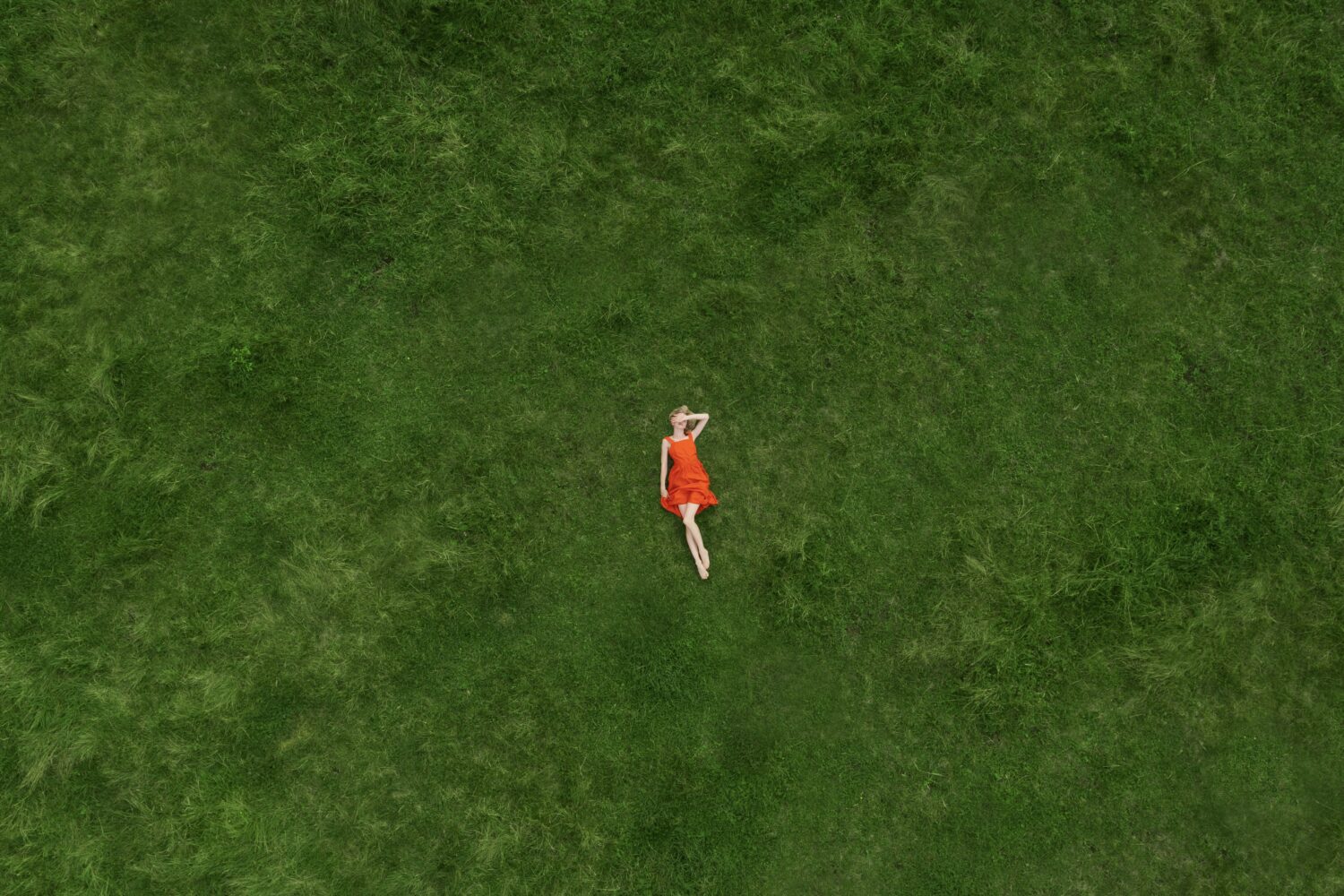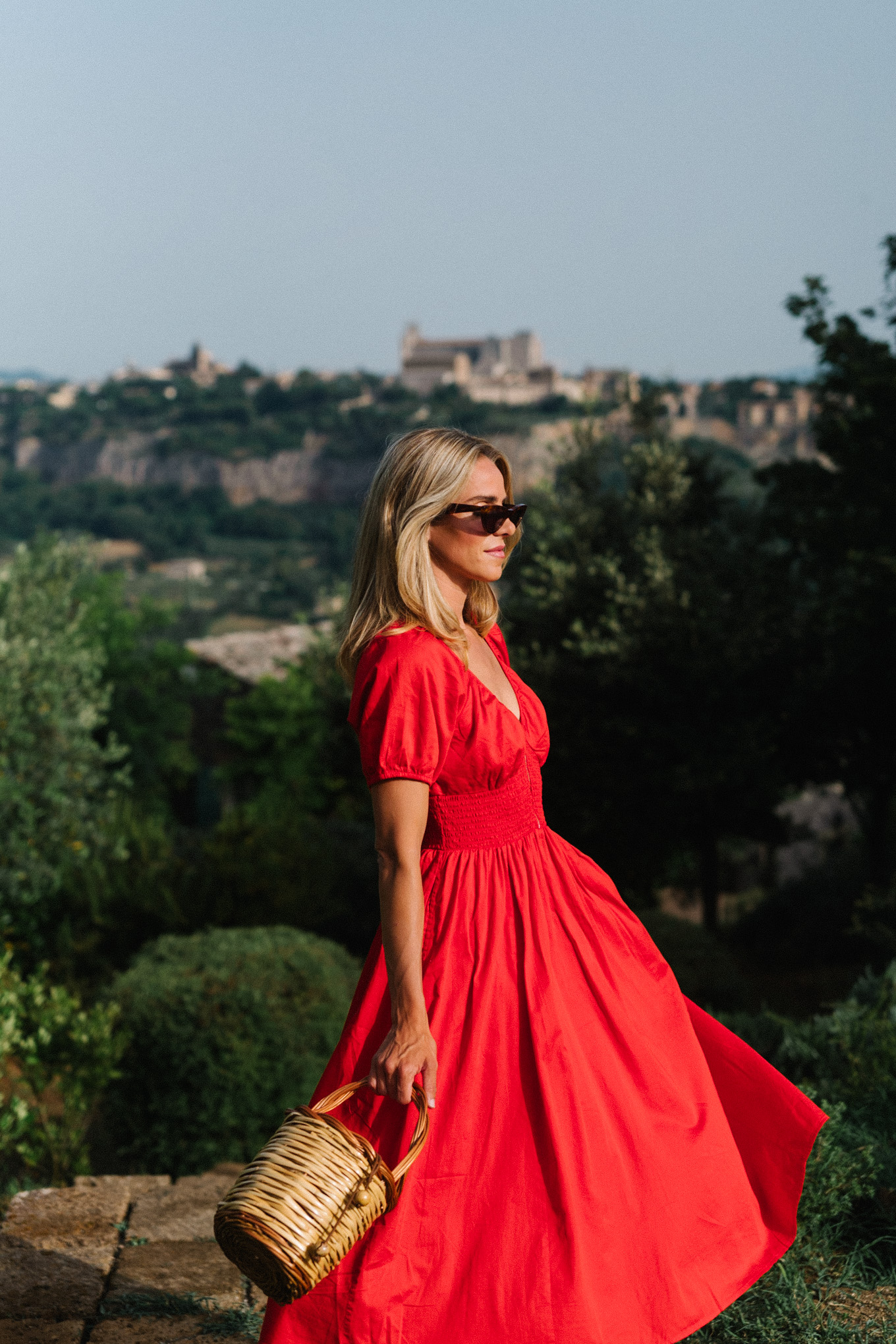[ad_1]
Even because the franchise giants devour extra streaming house by the minute, there are few producing narratives as uniformly good because the Star Wars prequel sequence Andor. Nuanced and methodical however action-packed and prescient, the Disney+ sequence follows Rogue One protagonist Cassian Andor as he’s immersed within the burgeoning Resistance in opposition to the Galactic Empire, constructing momentum for the occasions of Rogue One itself and the 1977 basic Star Wars: A New Hope. Diego Luna stars as Andor himself, the jaded smuggler who inadvertently turns into a goal of Empire operatives; their repeated autocratic crimes finally radicalize each him and his allies. Over the course of the present’s two seasons—the latter of which is at present in manufacturing—Andor turns into a political image that eclipses the universe of Star Wars itself.
As Emmy voters take into account Andor’s magnificent first season for awards recognition, Luna sat down with ELLE.com to debate what made the sequence so successful, and what momentum he’s bringing into season 2.
You’ve stated earlier than that, as a forged and crew, you’ve realized quite a bit from filming the primary season of Andor, and that these are classes you’re bringing into the fold for season 2. Would you elaborate on what these classes had been, particularly?
Having 12 episodes to inform a narrative—it’s a very long time; it’s loads of time. Every episode, greater than some other factor I’ve accomplished for TV, needs to be one thing by itself. It needs to be one thing that stays there. And I feel we’ve got that in thoughts rather more [in season 2].
Extra From ELLE

We’re used to doing extra movie than anything. That is the second factor I’ve accomplished on this format for streaming. And the identical [thing] with many individuals from the writing, the administrators, the manufacturing, so naturally, we ended up pondering in three episodes as a block, as a result of it’s just like the time you’ve for a movie.
Every block of three episodes, in a manner, had a starting and an finish. And once we put out the primary season, it was once we had been about to start out doing promotion that we got here up with the concept of placing three out [at a time], as a result of it was one thing by itself, with out us even interested by it. Then, on this subsequent season, what we’re doing is blocks of three episodes and every block represents a 12 months. We embrace that as a part of the format in a way more structured manner.
It’s stuff like that. And likewise, when it comes to the relationships between the characters, the potential of among the chemistry between actors and the stuff that within the first season actually shined—we now are conscious, and we are attempting to elaborate there.
I’m curious in regards to the twin nature of the timeline you’re in proper now: You’re nonetheless selling and speaking about season 1, particularly as Emmys voting ramps up, however you’re additionally within the midst of making season 2. Has that back-and-forth impacted the inventive course of for season 2 in any manner?
We’re positively extra drained. I imply, we’re naturally doing loads of issues on the identical time, but additionally we’re relying rather more on each other as a crew now. We’re keen to collaborate in a way more balanced manner as a result of we all know we’ve got to cowl for one another.
However I feel that’s the principal purpose why we’re doing simply two seasons—two elements, if you wish to name it that manner. As a result of it will be inconceivable to maintain occurring this observe for fairly a very long time. It’s simply inconceivable for the quantity of labor put behind this, the period of time that the writing takes … If we had been aiming for extra seasons, we’d be doing this within the subsequent 10 years and it’s simply inconceivable.
However I consider all of us have this further to present due to what the primary season meant for us. As a result of the gorgeous response that audiences had, the gorgeous response additionally that we bought from the press and opinions, all of that’s there, and it retains us going on this effort to shut even higher.
You’ve additionally stated earlier than that, once you had been rising up, you had been involved that the kind of tales you really liked—these mature, grounded tales—weren’t essentially going to be standard ones. In hindsight, why do you suppose the primary season of Andor was capable of straddle that divide so successfully?
I feel we got here to be a part of the franchise and to be a part of the universe of Star Wars in the best time. The audiences of Star Wars now are very, very numerous. They’re in all places. And when it comes to generations, they do now embrace three completely different generations, at the very least. Now, within the universe of Star Wars, there’s audiences for various materials when it comes to tone and complexity and matureness. And we got here in in a second the place there’s that freedom, the place we don’t need to purpose for a similar viewers that different reveals are aiming for or that different movies have aimed for. And I feel we realized this with Rogue One.
I imply, it’s only a pure evolution. Rogue One got here out, and it was completely different, and it was darker, and it had a starting and an finish, and it was aiming for one thing completely different than the saga motion pictures that had been popping out. That movie confirmed us—or confirmed Lucasfilm and Disney—that there was a giant viewers that wished that sort of Star Wars. That’s why they employed us and never another person. That’s why they employed [creator] Tony Gilroy, as a result of his writing is strictly that, and that’s why the forged is the forged it’s. Now we have very attention-grabbing expertise that’s, for the primary time, exploring the universe of Star Wars in lots of positions. It’s folks which are experiencing this journey of belonging to this universe for the primary time. Subsequently, it’s a brand new and a really recent view on it.
Are you filming these season 2 blocks in chronological order, or do you leap round?
We attempt to preserve it as structured in a logic manner as potential, when it comes to not taking pictures what we don’t know, not taking pictures one thing [where] we have to know the place we’re coming from [as characters], however the guidelines of manufacturing are very completely different as of late. Rather a lot has to do with the constructing of the units… We look ahead to the writing to be prepared. That tells us what must be constructed, after which constructing takes it a while. I don’t know in case you’ve tried to construct something in your life—
Not on this scale.
I’m the son of an architect, and each time they are saying, “This will probably be accomplished that day,” you need to know it will by no means be there.
Tack on a month.
Precisely. What I imply is there’s so many issues that determinate what shoots first after which later. However what we do is, every block has the logic of a director. Every block is shot from a really particular perspective, and we’re very respectful to the method of administrators. We actually need administrators to come back and convey their voice and their imaginative and prescient to raise what we’ve got.
What’s it like navigating these blocks as an actor? With every block representing a 12 months, how do you place your self in Cassian’s headspace for every scene, given the time jumps between them?
There’s loads of earlier work you need to do earlier than getting on set and loads of chatting wanted with administrators. However I might say that, with this present, one factor that’s actually attention-grabbing is that it is rather wealthy. There’s quite a bit for us to play with and, more often than not, the groups are already fairly full, fairly sturdy. It’s not a type of reveals the place you don’t have solutions and also you go like, What are we doing? By no means. The writing of this present, it retains altering, retains reworking, retains bringing new turns. It’s stuffed with layers. [As an actor] it’s nearly being conscious of the complexity that the fabric is asking for.
This interview has been edited and condensed for readability.
Tradition Author
Lauren Puckett-Pope is a employees tradition author at ELLE, the place she primarily covers movie, tv and books. She was beforehand an affiliate editor at ELLE.
[ad_2]
Source link

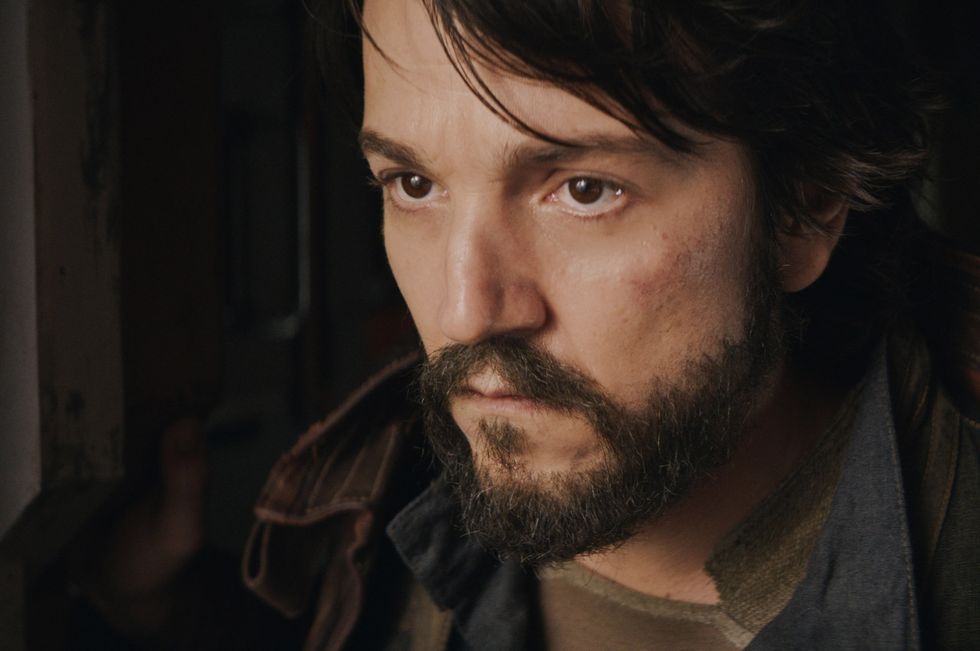




:quality(85):upscale()/2024/01/03/746/n/1922564/e5bc06726595916c0b68d1.94504454_.jpg)







